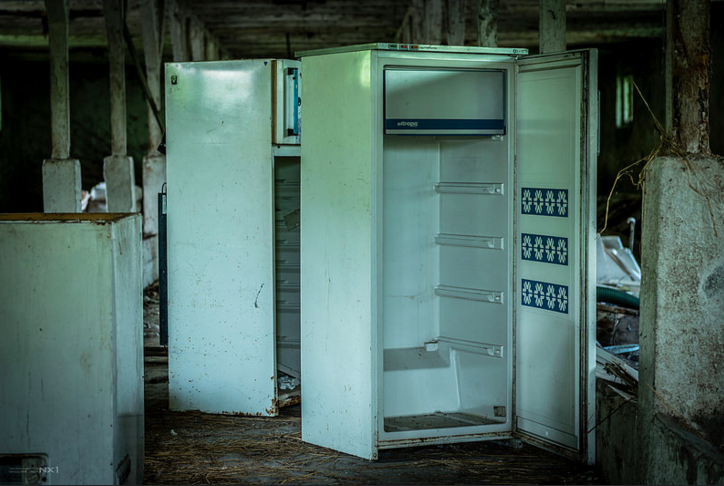An open letter to story-tellers
For anyone who has been paying attention, there is a narrative that has become a commonality in storytelling. We are presented with a hero: a young man with a square jaw and a newfound sense of purpose as he discovers supernatural powers (that last part varies). We watch as he struggles between good versus evil, between hero versus villain.
Eventually, the plot gets a little repetitive. Maybe there’s too much fluff or maybe it’s just that the hero is the same hero seen on every other supernatural show: young with a six pack and a flat, one-dimensional personality.
This is where the writers decide they need to kick it up a notch, really give some depth to their beloved protagonist. For some reason, it seems their best and brightest idea is to kill a woman. It could be his mother, his daughter, or even his wife (although there’s a huge preference for the dead girlfriend storyline). It’ll be through her death that he grows, that he develops and becomes a better man.
The proper term is: Women in Refrigerators. The term was coined by Gail Simone, when referring to a scene in Green Lantern #54 (1994), where Kyle Rayner (the hero of the comic) comes home to find his girlfriend, Alex DeWitt, murdered and stuffed into a refrigerator by his villainous enemy, Major Force. ‘Women in refrigerators’ refers to the idea that a superhero female character has been killed, injured or overall disempowered, as a plot device to move a male’s character plot forward. Their death means character growth, or at least, a shot of them looking out into the horizon with sad eyes, a gutted and low voice recounting their sorrow over a Hans Zimmer soundtrack.
At the end of last year, there was a major character death in a TV show I adored, Teen Wolf. For those who have never heard of it, it revolves around a teenage boy named Scott McCall who gets bitten and becomes a werewolf. Admittedly, the show’s target demographic is teeny boppers, but it is entertaining nonetheless. In the first few seasons, Scott McCall had a lot going on. While he struggled with controlling his newfound urges to bite and maim, repressing the overwhelming guilt of the constant lying, and keeping up with schoolwork, he fell in love with the new girl, Allison Argent. She died in his arms, three seasons later, after being stabbed by some evil supernaturals dudes called the Oni.
I have to say that I was not a big fan of hers in the beginning. She was a mere side-character with cheesy lines. That is, until she found out her family was comprised of werewolf hunters where the women are born to be leaders and the men, soldiers. Her arc shifted from love-struck bimbo to tough huntress, struggling to reconcile Scott’s werewolf-itude with her duty to protect the innocent, all while kicking supernatural butt. A myriad of other events happen such as her mother’s death and her extremist grandfather’s manipulative stratagems, but what matters was that she stayed grounded, and I found myself rooting for her.
Her death was devastating not simply because her character meant a lot to me, but also because of what she represented. She was not just “the girlfriend;” she was a leader and a fighter, and she had taken control of her destiny. She’d overcome her own obstacles, completely apart from being supportive to Scott Mccall’s wolf-y problems. She was not an asset or a prop, but rather her own person. This is why it killed me to watch her close her eyes. She deserved more than joining the long list of women in refrigerators.
Deaths in television shows are nothing new. For some, it’s a run-of-the-mill occurrence (I’m looking at you, Grey’s Anatomy). Female deaths, by all means, are not strictly indicators of underlying sexism. I am not calling for a harem of immortal characters who rule the screen. I am merely calling out the lazy and frustrating plot point that so many writers have resorted to in lieu of treating women like autonomous beings whose lives go beyond refrigerators. When a writer frames the death or even sexual assault of a female character as merely a catalyst of a male’s transformation into a virtuous hero or a villainous coward, it sends a message. It tells us that as women, our lives are but poignant plot-points and mechanisms that serve as an impetus for some dude’s inner tragedy. What matters is not necessarily whether women die or not, but instead the motive behind her demise.











